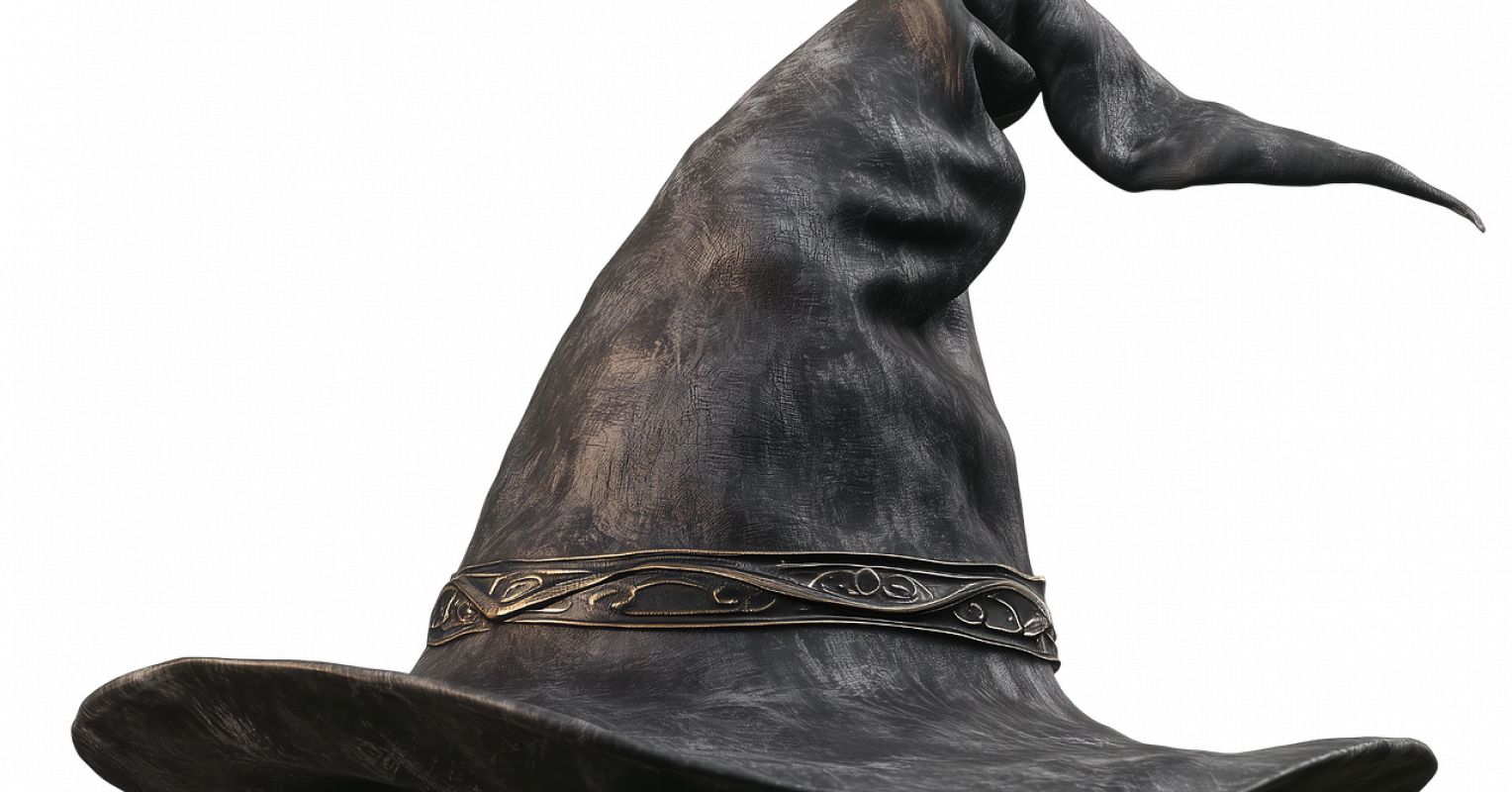
"If you've seen the second installment of "Wicked," called "Wicked for Good," you may be thinking now about how hard it can be to separate the "wicked" from the "good." This duality that feeds the narrative of this movie doesn't stop at the title but carries throughout the entire plot. No spoilers here, in case you haven't seen it yet, but suffice it to say that it's not always clear who's the "good" witch and who's the "wicked" one."
"The struggle between forces of good and evil occupies not only fiction but also much of psychology. Lack of a clear differentiation is what makes this duality so fascinating. When you're a child, the world is composed mostly of right vs. wrong, but as you develop into adulthood, you realize for yourself that there are plenty of gray areas. The Utilitarian Dilemma One of the murkiest of all gray areas involves moral decision-making."
"Stealing is illegal, but it is also morally wrong to let another person die, whether wife or not, which only makes it more of a dilemma. Updates to this paradigm now take the form of what are called "sacrificial moral dilemmas," such as what's called the Trolley Problem. A trolley is speeding down the track and will kill five people unless you, at the switch, pull a lever that sets the trolley down another track, killing just one unfortunate person standing in the way."
Two returning characters embody opposing moral positions, but clear boundaries between good and wicked remain elusive. Moral cognition research shows that individuals routinely display both virtuous and harmful tendencies rather than fitting pure categories. Childhood moral views favor binary right-versus-wrong frameworks, while adult judgment acknowledges nuanced gray areas. Classic dilemmas, such as scenarios where harming one prevents greater harm, reveal tensions between deontological prohibitions and consequentialist calculations. Incorporating archetypal roles alongside experimental findings enhances understanding of moral perception and social narratives, clarifying why audiences and people struggle to label agents strictly good or wicked.
Read at Psychology Today
Unable to calculate read time
Collection
[
|
...
]